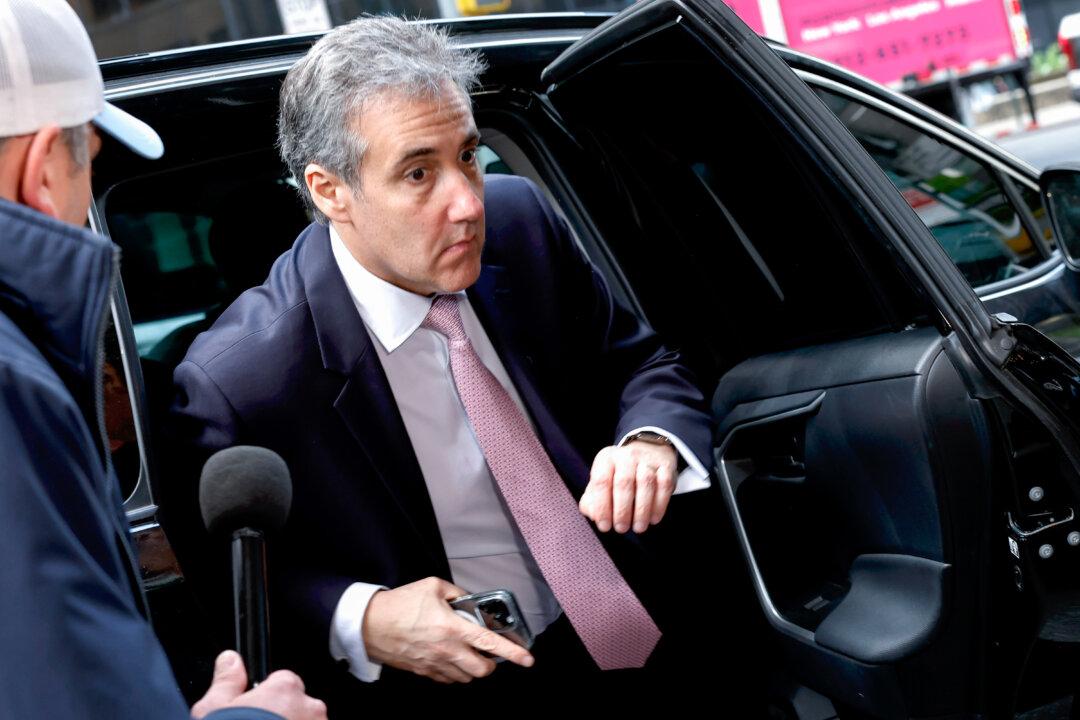Former Trump attorney Michael Cohen’s testimony on Monday in former President Donald Trump’s “hush money” trial provided crucial insider insights and grievances as prosecutors aim to bolster their case.
Describing his decade-long “amazing experience” with Mr. Trump, Mr. Cohen portrayed an environment where praise from the former president drove him to do whatever he felt necessary, including lying, bullying, and threatening legal action. His testimony shed light on his role in managing President Trump’s affairs, which he has previously dubbed as that of a “pitbull” and “fixer.”





